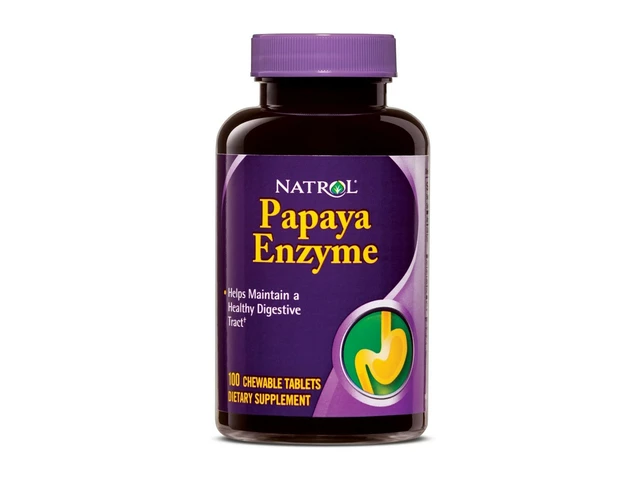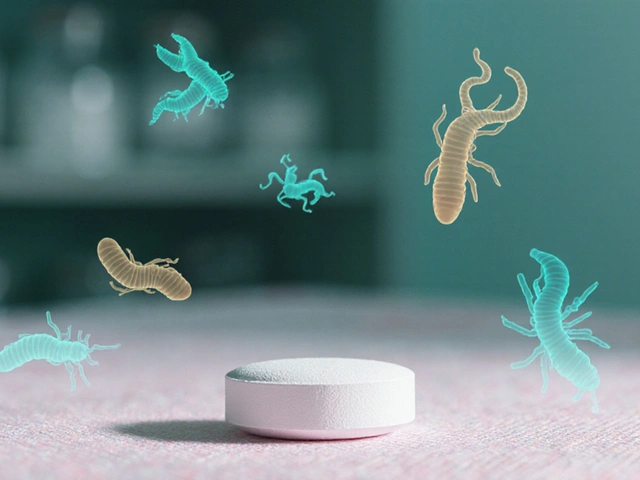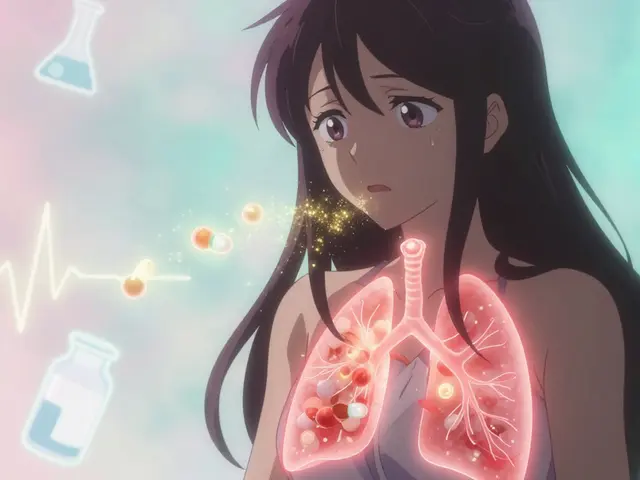Stevens-Johnson Syndrome (SJS): Spot it fast and act
A sudden rash with blisters, plus sore eyes or a painful mouth, can mean Stevens-Johnson syndrome (SJS) — a rare but serious reaction that needs urgent care. SJS often starts like the flu, then quickly moves to skin and mucous membranes. Acting fast makes a big difference.
What causes SJS and who’s at risk?
Most SJS cases follow a medication or an infection. Common drug triggers include sulfa antibiotics, certain anticonvulsants (like carbamazepine and lamotrigine), allopurinol, and some NSAIDs. Infections such as Mycoplasma pneumoniae can also trigger it. People with certain genetic markers (for example HLA-B*1502 in some Asian populations) have a higher risk with specific drugs — mention this to your doctor before starting those medicines.
What to watch for: symptoms that need emergency care
Early signs are flu-like: fever, sore throat, tiredness. Within days, a painful red or purplish rash appears and blisters form. Key warning signs: skin peeling, painful mouth sores, difficulty swallowing, red or teary eyes, and high fever. If skin peels over a large area you could be facing toxic epidermal necrolysis (TEN), a more severe form. If you see these signs, stop the suspected drug and get emergency care immediately.
At the hospital, doctors will check how much skin is affected and whether eyes or airways are involved. Treatment focuses on stopping the cause and supportive care: fluid and electrolyte balance, wound care similar to burn treatment, pain control, and protecting the eyes. Depending on the case, specialists may use treatments such as intravenous immunoglobulin (IVIG) or immunosuppressants, but these are decided case-by-case by the treating team.
Recovery can take weeks to months. Skin will heal but scarring, pigment changes, or long-term eye problems can happen. Early specialist care lowers the chance of complications, so don’t wait if you suspect SJS.
How to lower your risk: always tell prescribers about past severe reactions, use genetic testing if recommended (for example before carbamazepine in at-risk populations), and wear a medical alert if you’ve had SJS. If a drug is suspected, never try it again — re-exposure can cause a worse reaction.
If you have questions about a medicine you’re taking or recent symptoms that worry you, call your doctor right away or go to the ER. Quick recognition, stopping the trigger, and getting expert care are the most important steps to protect your health.
The Alarming Link Between Diflucan and Severe Skin Disorders: A Comprehensive Lawsuit Update
A recent update on lawsuits has put a spotlight on Diflucan, a popular antifungal medication, for its possible connection to severe skin conditions, Stevens-Johnson Syndrome (SJS) and Toxic Epidermal Necrolysis (TEN). Legal firm, Schmidt & Clark, LLP, is pursuing cases nationwide, offering insights into the drug's adverse effects and the legal recourse for affected individuals.
About
Health and Wellness
Latest Posts


How Men Can Prevent and Address Unwanted Pregnancies
By Marcel Kornblum Sep 30, 2025

Albendazole vs Other Anthelmintics: Detailed Comparison of Alternatives
By Marcel Kornblum Oct 4, 2025

Cumulative Drug Toxicity: How Side Effects Build Up Over Time
By Marcel Kornblum Jan 1, 2026

